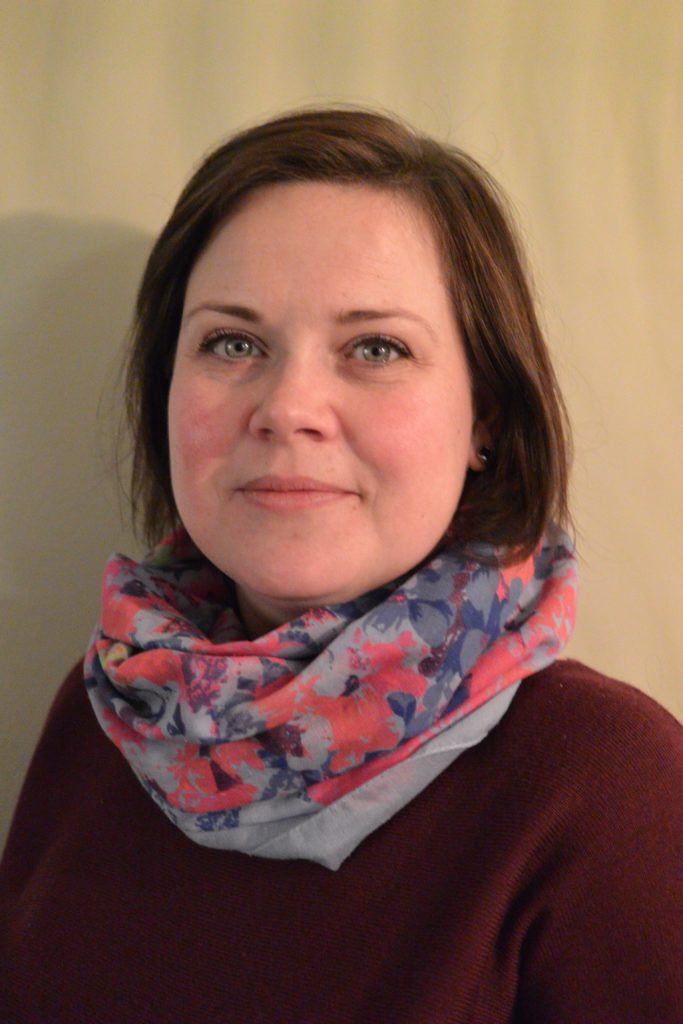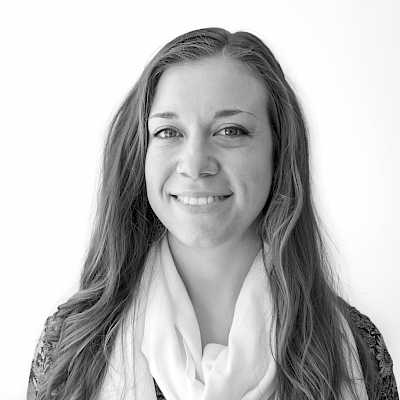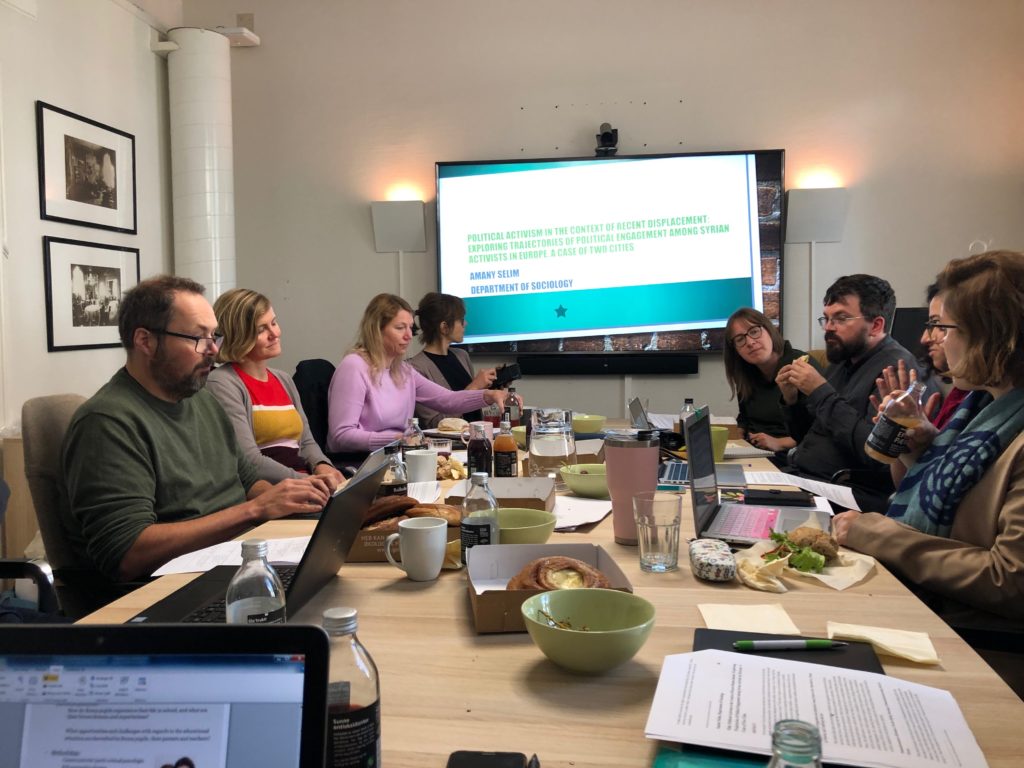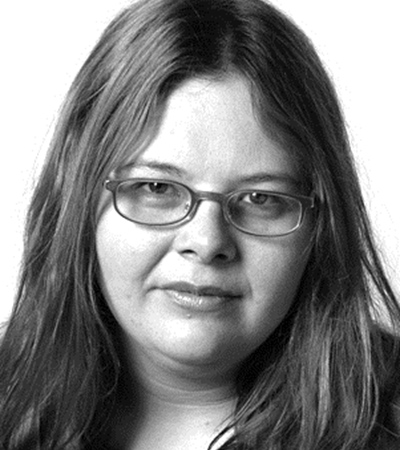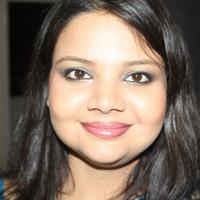In Norway, there is an institutionalized emphasis on the importance of outdoor life and play. This is embedded in public provision for children and in dominant understandings of how families should use leisure time and how children should play. In this seminar, Raquel Herrero-Arias, PhD candidate at the department of Health Promotion, UiB, will discuss her co-authored article (currently under review) on the experiences of Southern European migrant parents with professional advice on family leisure and outdoor play. It focuses on how migrant parents respond to associate discourses of risks in their encounters with kindergarten professionals and community health nurses. Raquel will discuss how migrant parents navigated risk discourse in these encounters in many ways either by contesting, accepting professional intervention, or falsifying compliance.
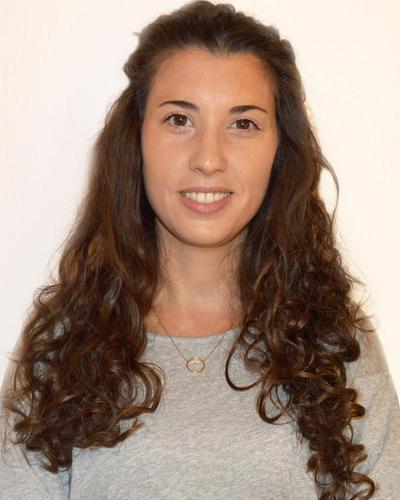 Raquel Herrero-Arias is a PhD candidate at the department of Health Promotion, UiB. She holds a Master’s Degree in Gender Studies, and an Erasmus Mundus Master in Social Work with Families and Children. Her doctoral project explores the experiences of parenting among Southern European migrant parents in Norway.
Raquel Herrero-Arias is a PhD candidate at the department of Health Promotion, UiB. She holds a Master’s Degree in Gender Studies, and an Erasmus Mundus Master in Social Work with Families and Children. Her doctoral project explores the experiences of parenting among Southern European migrant parents in Norway.
Time: Thursday 11th of June 2020, 11.00 – 12.00
Meeting ID: 641 6856 7153
Password: IMER11.06

